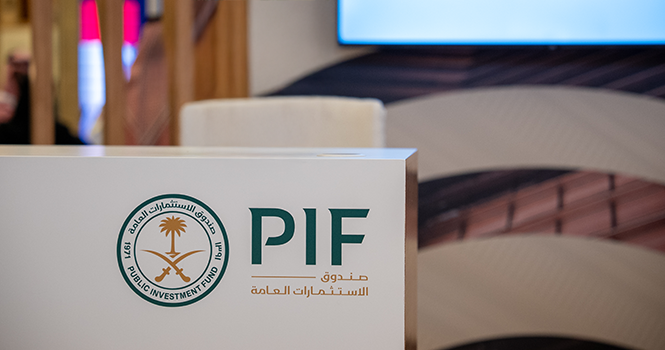Abdullah Ababtain, CEO ofFirst Milling Co. (First Mills)
First Milling Co. (First Mills) expects demand to improve gradually in Q3 2025 as markets resume normal activity after the summer, supported by growth in the food sector and continued strong demand for flour products, CEO Abdullah Ababtain told Argaam in an interview.
He said that the company will maintain its focus on cost control, sustainable growth, and profitability.
Ababtain noted that ongoing government support provides a stable environment for precise financial and operational planning, enhances the competitiveness of First Mills’ products in the local market, and enables continued investment in efficiency and future projects.
Despite seasonal revenue pressure due to the absence of Ramadan sales, the company achieved higher net profit, supported by strong cost management and improved operating margins, the CEO noted.
Flour sales rose 5.7%, driven by strong demand for small-size packages across wholesale and retail channels, Ababtain said, adding that the company also expanded distribution of value-added small packs with higher margins.
Bran and feed segments witnessed seasonal demand declines during spring, Ramadan, and rain periods, an annual trend. However, the impact was limited by solid demand for other product lines.
Ababtain added that this temporary drop is unlikely to persist, as demand gradually recovers and prices improve, especially in the bran segment, which showed positive signs by quarter-end.
He noted that the flour and baked goods market remains highly competitive. Still, First Mills preserved performance through product diversification and greater operational efficiency, which supported strong profit margins.
The company has a clear strategy to expand its product range and develop value-added offerings to strengthen its market position.
First Mills posted a 6% year-on-year (YoY) increase in H1 2025 net profit to SAR 131.1 million, up from SAR 123.2 million in H1 2024 while Q2 net profit rose 13% YoY to SAR 51.4 million, according to Argaam’s data.
Abdullah Ababtain, CEO ofFirst Milling Co. (First Mills)
First Milling Co. (First Mills) expects demand to improve gradually in Q3 2025 as markets resume normal activity after the summer, supported by growth in the food sector and continued strong demand for flour products, CEO Abdullah Ababtain told Argaam in an interview.
He said that the company will maintain its focus on cost control, sustainable growth, and profitability.
Ababtain noted that ongoing government support provides a stable environment for precise financial and operational planning, enhances the competitiveness of First Mills’ products in the local market, and enables continued investment in efficiency and future projects.
Despite seasonal revenue pressure due to the absence of Ramadan sales, the company achieved higher net profit, supported by strong cost management and improved operating margins, the CEO noted.
Flour sales rose 5.7%, driven by strong demand for small-size packages across wholesale and retail channels, Ababtain said, adding that the company also expanded distribution of value-added small packs with higher margins.
Bran and feed segments witnessed seasonal demand declines during spring, Ramadan, and rain periods, an annual trend. However, the impact was limited by solid demand for other product lines.
Ababtain added that this temporary drop is unlikely to persist, as demand gradually recovers and prices improve, especially in the bran segment, which showed positive signs by quarter-end.
He noted that the flour and baked goods market remains highly competitive. Still, First Mills preserved performance through product diversification and greater operational efficiency, which supported strong profit margins.
The company has a clear strategy to expand its product range and develop value-added offerings to strengthen its market position.
First Mills posted a 6% year-on-year (YoY) increase in H1 2025 net profit to SAR 131.1 million, up from SAR 123.2 million in H1 2024 while Q2 net profit rose 13% YoY to SAR 51.4 million, according to Argaam’s data.













